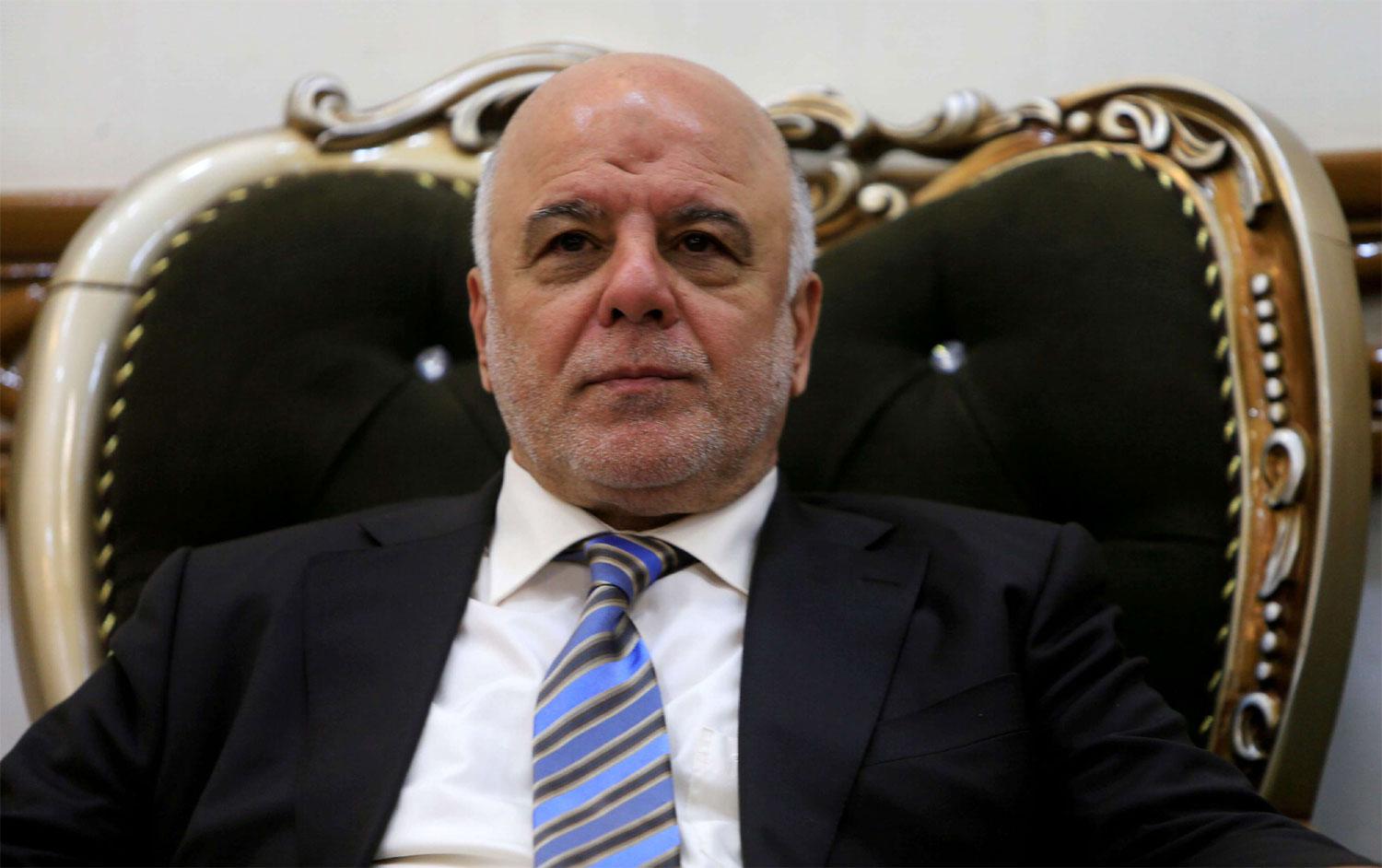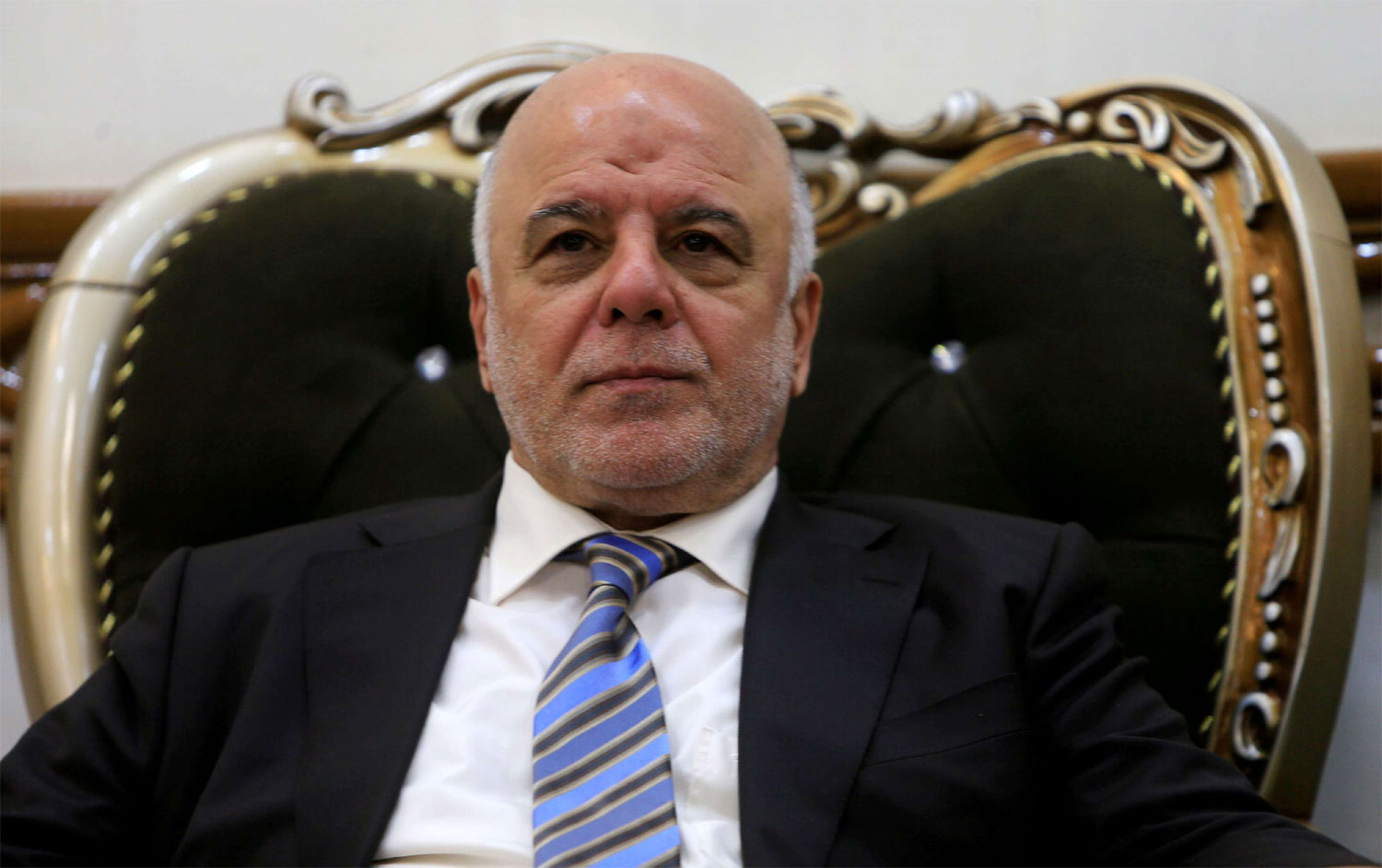Why Does Al-Abadi Prefer to Face Turkey Now?
Two days ago, Iraqi prime minister and the commander in chief of the armed forces Haidar al-Abadi met in Baghdad with the members of the ministerial council for national security. That convention produced a set of decisions: the redeployment of the Iraqi border guards to be stationed on the Turkish border and recording of the Turkish violations of Iraq's airspace to be submitted to the United Nations. Observers assured that adopting those resolutions had not been expected. Thus, they are now wondering about the reasons behind these long overdue political stances.
Abadi might have wanted to send an underlying message to the US that he is still its trusted ally in Iraq. he also tried to assert that he is ready to line up with the American interests against Turkey. Presently, there is an extensive talk about the American desire to undermine the Turkish geopolitics in Syria and Iraq. Thus, Abadi assumes that his new steps may be appreciated in Washington as they will lead to more restrictions to the Turkish role in Iraq's Kurdistan region.
Additionally, Abadi is seeking to be much closer to Iran. Recently, he faced a severe blow when he had said that he would stand up to the American sanctions against Iran. That statement made him unable to compete with the others for the position of premier. On the other hand, he did not get any real support from Turkey that left him alone in this impasse. Therefore, he now intends to convince the Iranians that he would counter the Turkish ambitions in Iraq in favour of Iran. He believes that such a decision might change the Iranian position rejecting his desire to be the next Iraqi prime minister. In fact, these regional powers view Iraq as an essential living space, and they fight against each other to extend their presence on this important chessboard.
Given this confused situation, Abadi might speculate that the management of the American-Iranian crisis in Iraq cannot be done without sacrificing another regional power: Turkey. Hence, it is supposed that Abadi, in the rest few weeks of his presidency, will demand Turkey withdraw its troops from Mosul. If he applied this option, Turkey would feel that there is an American-Iranian determination to isolate it from the developments taking place in its neighboring countries.
Abadi also imagined that the Iraqi Kurds might respect and welcome his decision against Turkey. In recent months, Turkey has targeted Iraq's Kurdistan region and killed many Kurdish commanders accused of being PKK's partners, especially in Sinjar. Furthermore, Iran has also attacked many places on its border with this region under the pretext of fighting the terrorism of the Iranian Kurdish parties now stationed there. Erbil called on Baghdad to play its part in protecting the national security of Iraq's Kurdistan region. Therefore, Abadi tried to say that he is the best politician who can guarantee the Kurdish security in coordination with the Kurdish leaders. Thus, it is in their best interests to support him in his bid to become the next Iraqi premier.
Abadi further strives to reassure the Kurds that he will work on eliminating their problems with Turkey and Iran if they back him politically. He is trying to hint that he has a comprehensive plan to expel the PKK and the Iranian Kurdistan Democratic Party from Iraq's Kurdish areas. Or at least, he will limit their movements and their threat in Kurdistan. Certainly, this will lead to normalizing Erbil's relations with Baghdad, Tehran and Ankara.
But the Kurds have another point of view. They think that Abadi wants to besiege their region geopolitically. Accordingly, they say that the redeployment of Iraq's federal troops on the Turkish borders will require some kind of negotiation with the Kurdistan region. They deem that Baghdad hopes to create a new military geography in this area to weaken the Kurdish influence in Iraq and in the whole region. Consequently, they will make all their efforts to reject Abadi's opinions aimed at changing the regional and international equilibriums in Iraq's Kurdistan region.
Though Abadi knows well that he has now very limited opportunities to leading the next government, his last decisions, if they are activated in practice, will lay the ground for more contentious futuristic issues in the Iraqi-Turkish-Iranian relations. . In this context, the new cabinet will have to set pragmatic strategies to solve its problems with these regional powers so that Iraq could achieve its legitimate goals: Economic stability, social justice and sustainable security.
Diyari Salih is an Iraqi academic, Ph.D. in Political Geography, Baghdad, Post-Doctorate in International Relations, Warsaw, Focuses on the Geopolitical Issues in Iraq.







